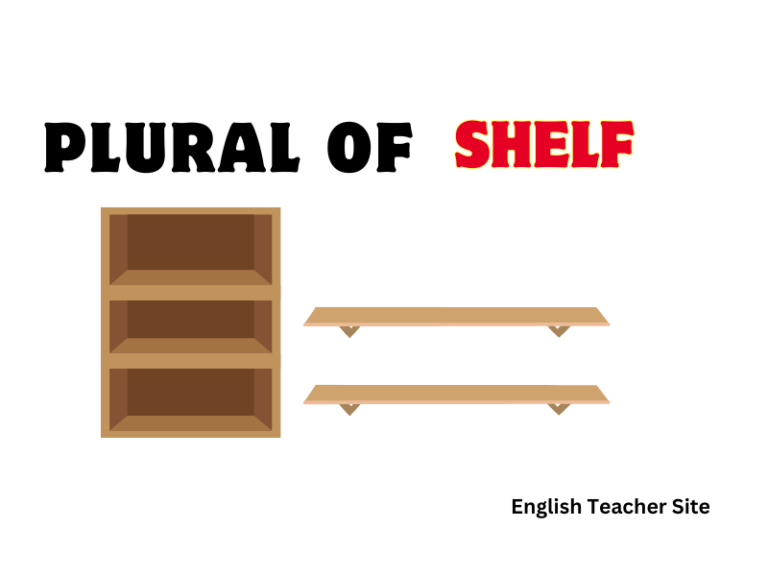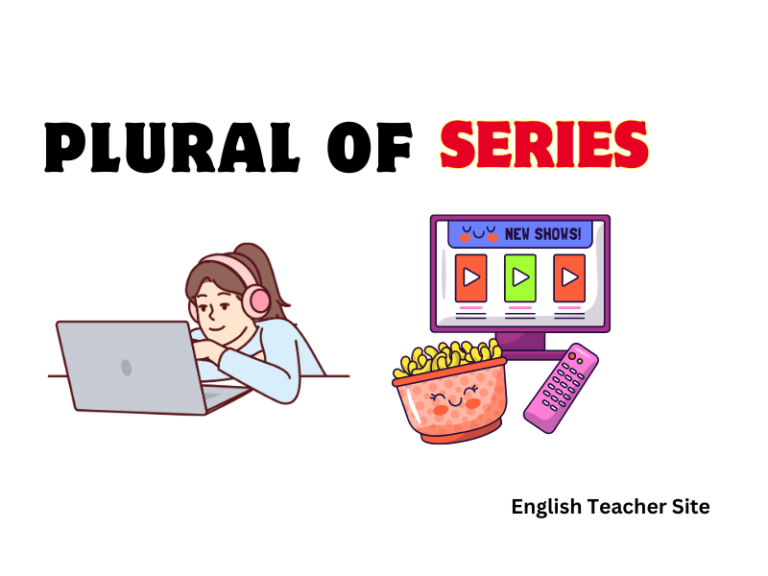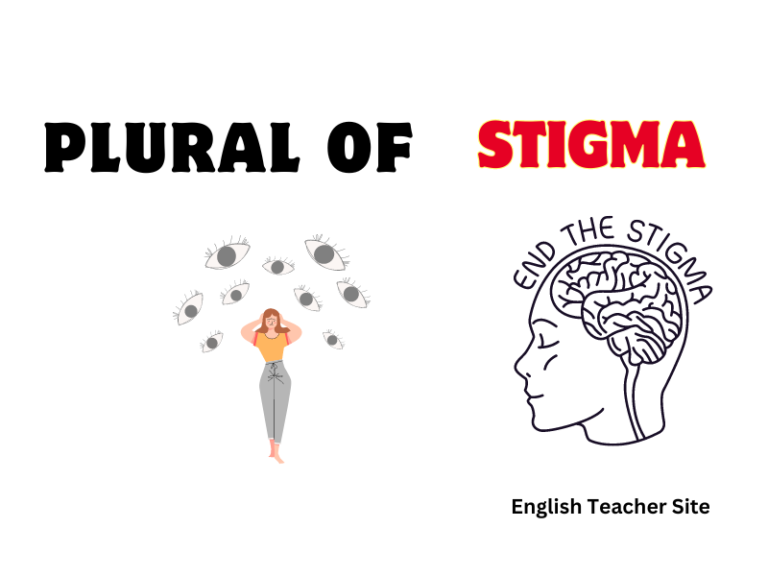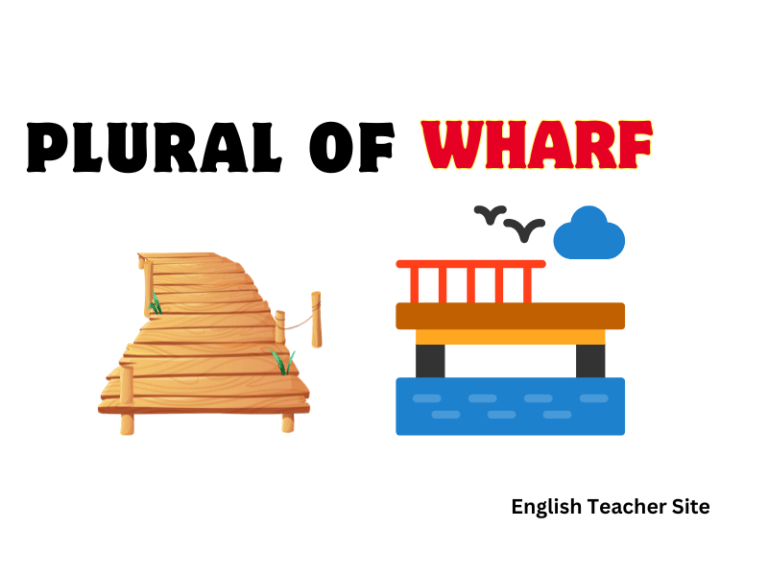What’s the Plural of Referendum: Understanding Language Nuances
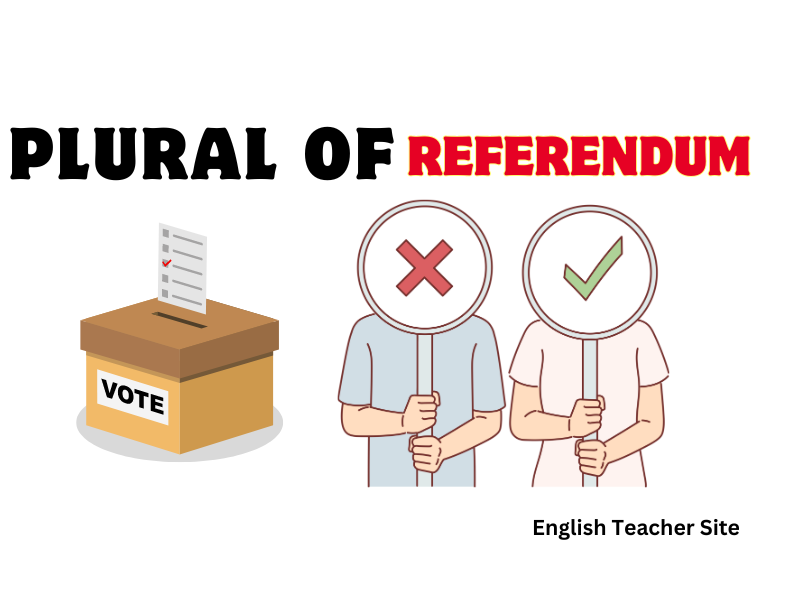
- The plural of ‘referendum’ can be either ‘referendums’ or ‘referenda’, with both forms being accepted in contemporary usage.
- ‘Referendums‘ is commonly used in English, while ‘referenda’ reflects the original Latin pluralization.
- Choice of ‘referendums’ or ‘referenda’ may depend on formal vs. informal contexts or personal preference.
The term ‘referendum’ is frequently encountered in political contexts, denoting a process where voters are invited to cast their ballots on a particular proposal or issue. This Latin-derived noun has sparked discussions concerning its proper plural form—should it be ‘referendums’ following English conventions or ‘referenda’ retaining its Latin root? This question often arises because English has absorbed countless words from Latin, some of which retain their original plural forms while others are Anglicized.
What’s the Plural of “Referendum”?
Plural Forms
Two commonly accepted plural forms of “referendum” exist:
- Referendums: This is the Anglicized version, which follows the standard rule of adding ‘-s’ to create the plural form.
- Referenda: Adhering to the classical Latin rules of pluralization, ‘um’ is replaced with ‘a’.
Both plural forms are correct and are used in different contexts.
Usage by Region
The choice between “referendums” and “referenda” can vary by region:
| Region | Preferred Plural |
|---|---|
| United States | Referendums |
| United Kingdom | Referenda |
Usage in Literature
Literary trends also show variations in the use of these plural forms:
- Use of ‘referendums’ tends to be more common in modern texts and less formal writing.
- Use of ‘referenda’ can be found in academic writings and formal texts.
Is “Referendum” Singular or Plural?
The original Latin plural form of referendum is referenda, which historically follows Latin rules for forming plurals. However, the Anglicized version referendums is also widely accepted in modern usage.
| Accepted Plural Forms | Usage |
|---|---|
| Referenda | Traditional, Latin-derived form |
| Referendums | Anglicized, commonly used form |
| Contexts | Preferred Plural Form |
|---|---|
| Legal | Referenda |
| Academic | Referenda |
| General | Referendums |
| Informal | Referendums |
- Referendum: A process of direct democracy that involves voting on a specific proposal.
- Referenda: The traditional Latin plural of referendum.
- Referendums: A more modern and Anglicized plural form of referendum.
What’s a Referendum?
A referendum is a process where a question is posed to the entire electorate for a direct vote. This instrument of direct democracy allows citizens to directly weigh in on specific legislative proposals or policy issues. Typically, referendums are employed by governments to enact constitutional amendments, repeal legislation, or affirm public policies.
Referendums serve a crucial function:
- Engagement: It involves the public in the decision-making process.
- Directness: It provides a direct channel for expression of the people’s will.
- Specificity: It focuses on a single issue, unlike general elections.
Characteristics of a referendum often include:
| Feature | Description |
|---|---|
| Binding Nature | Results may be legally binding or simply advisory. |
| Trigger | May be triggered by a legislative body or public petition. |
| Scope | Can be local, regional, or national. |
| Frequency | Held sporadically and are issue-specific. |
| Subject Matter | Pertains to constitutional, legislative, or policy questions. |
The process typically follows specific steps:
- Proposal: Introduction of an issue for a vote.
- Campaigning: Presentation of arguments for and against the issue.
- Voting: Public casting votes on the issue.
- Outcome: The result dictates future policy based on majority preference.
Irregular Nouns That End in -um and -a
Examples of irregular nouns ending in -um that shift to an -a plural form include:
| Singular | Plural |
|---|---|
| bacterium | bacteria |
| datum | data |
| curriculum | curricula |
Examples where both Latin and modern plural forms are used:
| Singular | Latin Plural | Modern Plural |
|---|---|---|
| referendum | referenda | referendums |
| memorandum | memoranda | memorandums |
- It’s important to note that usage can vary between formal and informal contexts.
- Preference for one form over another often depends on the type of English (American vs. British) and the formality of the setting.
Examples of “Referendum” Used in Context
Singular Example:
- The government decided that the controversial policy would be resolved through a referendum.
Table: Plural Usage in Context
| Singular | Plural | Example Sentence |
|---|---|---|
| Referendum | Referenda | Multiple referenda have been scheduled for the coming year. |
| Referendum | Referendums | The state has held several referendums on environmental issues. |
Usage in Political Context:
Referendum, a term often encountered in political discourse, refers to a vote in which the electorate can express their choice regarding a particular legislative proposal or policy issue. It is a direct form of democracy that enables voters to participate in the decision-making process.
- In New Zealand, the citizens participated in a referendum to decide on the new flag design.
- Recent changes in public opinion are reflected in the outcomes of the last two referendums.
Education and Advocacy:
It is necessary to educate the public before they cast their votes in a referendum. Advocacy groups often publish informational materials to help voters make informed choices.
- Before the upcoming referendum, voters were encouraged to attend workshops to better understand the proposed policy changes.
- The singular form “referendum” is used when referring to a single instance of a public vote.
- Plural forms “referenda” and “referendums” can be used interchangeably, with a preference for “referendums” in contemporary contexts.
- Each referendum represents a specific question put forth for public voting.
- Regional laws may dictate the frequency and application of referendums within a democratic framework.
Examples of “Referendums” Used in Context
Sentence Examples:
- In 1992, several European countries held referendums on the Maastricht Treaty.
- The government has scheduled multiple referendums to gauge public opinion.
- Referendums provide a direct democratic process for decision-making.
In Academic Writing:
Academics frequently discuss the role of referendums in a democracy.
- Example: Scholars analyze the outcomes of referendums to understand voter behavior.
Table 1: Usage in News Reports
| News Outlet | Context |
|---|---|
| The Guardian | Referendums in Switzerland are a common practice, with several votes taking place each year. |
| BBC News | In a historic series of referendums, independence was a key topic up for vote in Scotland. |
Table 2: Government Documents
| Country | Document Context |
|---|---|
| Canada | The report detailed the procedure for initiating referendums at the federal level. |
| Australia | The Electoral Commission referenced past referendums to propose reforms in voting laws. |
List of Referendums in Popular Literature:
- Referendums in the 21st Century (a focus on their increasing frequency).
- The Impact of Referendums on Policy Change.
- A Comparative Study of Referendums and General Elections.
Synonyms for “Referendum”
Synonyms for Referendum in a Legislative Context:
- Vote: A general term for expressing the collective decision-making process.
- Ballot: Refers to the system of secret voting.
Synonyms for Referendum in Various Contexts:
| Context | Synonym |
|---|---|
| Governance | Plebiscite |
| Legislative Process | Popular Vote |
| Decision Making | Elective |
When a legislature seeks to gauge public sentiment on an issue, they might opt for a procedure synonymous with referendum, such as a plebiscite. However, it is important to note the subtle differences between these terms. A plebiscite is often non-binding and exploratory, whereas a referendum usually has the weight of law.
- Public Poll: An informal term that can encompass the concept of a referendum.
- Initiative: A process where citizens can propose legislation that is then voted on like a referendum.
Origin of the Word “Referendum”
The term referendum has a legacy that stretches back to classical Latin. Its root can be traced to the Latin verb referre, meaning “to refer”. The concept, if not the exact term, was historically used within the context of Roman law, indicating a process of referring a matter to someone for a decision, though the modern political use of the word diverged considerably.
In legal terminology, referendum began to surface with a meaning more aligned to its contemporary usage in the 19th century. It was during this period that the notion of the public being asked to vote on particular issues started to gain traction. This democratic principle allows a collective decision to be made on legislative or constitutional questions.
| Latin Root | Meaning |
|---|---|
| referre | To refer |
Here are two lists showing acceptable plural forms in English:
- Referendums
- Reflects English rules of grammar
- Adds an “s” following the singular referendum
- Referenda
- Follows a pattern of Latin-derived nouns
- Borrows directly from the Latin plural form
| English Pluralization | Latin-Based Pluralization |
|---|---|
| referendums | referenda |
Sources
My name is Khamis Maiouf. I am the creator of the English Teacher Site, dedicated to providing valuable resources and insights for students around the world. With a passion for education and a commitment to helping students enhance their skills, I aim to make English teaching more effective and enjoyable for both educators and students.


